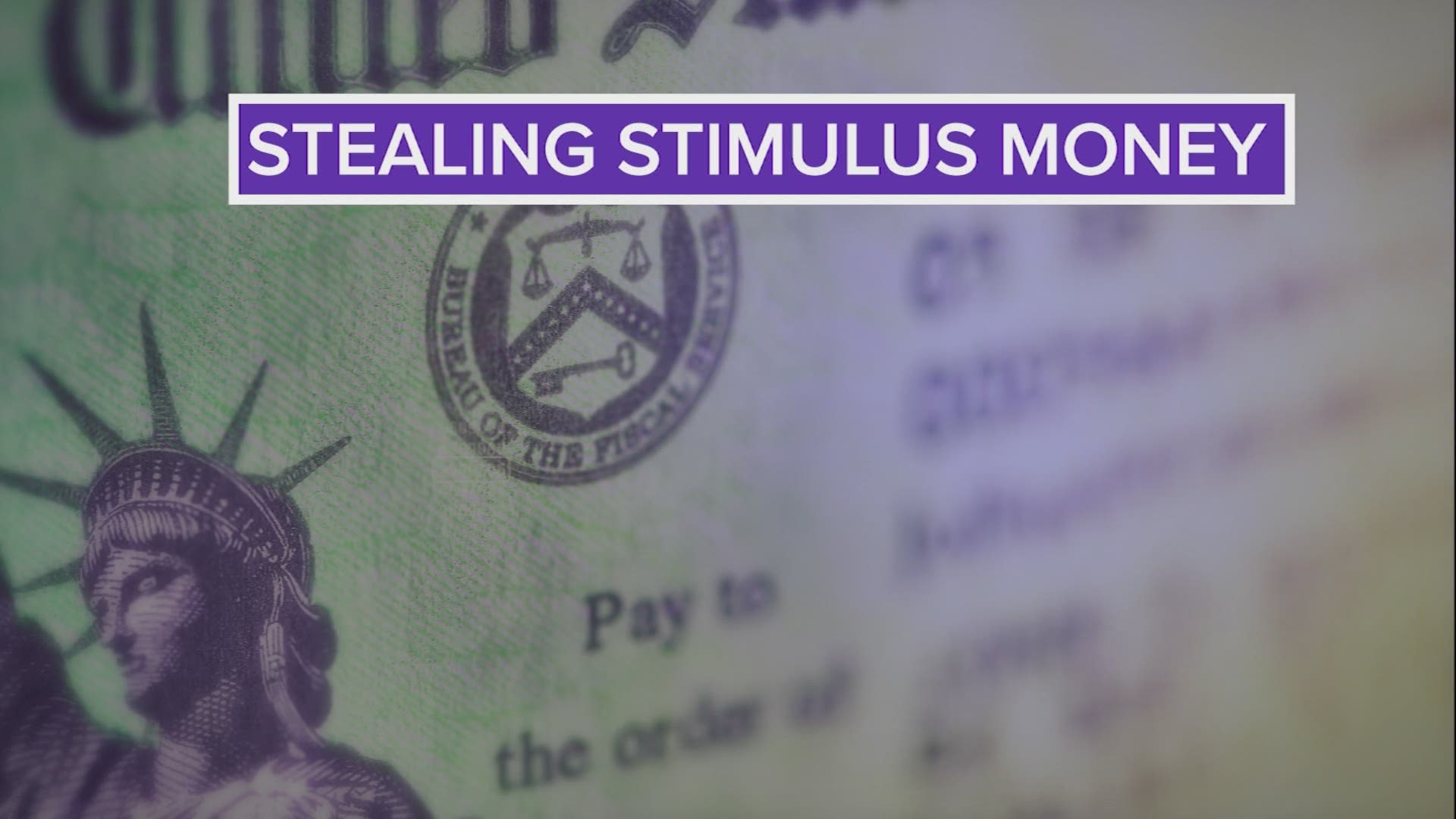HOUSTON — Each year, the Internal Revenue Service releases a new list of scams and how they work. In 2021, the most popular scams are pandemic-related.
If someone you don’t know sends texts or emails trying to get you to click a link, don’t do it. The scammer is trying to get your personal information. If you suspect that someone is stealing from your mailbox, contact your postal inspector.
Scammers are filing fraudulent claims to steal unemployment money. If you get a 1099-G form and didn’t file for unemployment, contact the Texas Workforce Commission.
These calls are also known as vishing or voice-related phishing calls about federal tax liens. The IRS will never call you about unpaid taxes and demand gift cards as payment. They will send a letter through the mail.
Scammers will lurk on your accounts to extra personal info. Then, they will turn around and use that info to impersonate someone you know or steal your identity. Be careful what you post
This is when a scammer attempts to communicate with you and convince you to download malicious programs. These attempts can happen in the form of an email, text or social media post.
Scammers tend to try and take advantage of tragedies and disasters, like the COVID-19 pandemic. Do your research before making a donation.
These scams are usually threatening. The IRS impersonators are known to target groups with limited English proficiency as well as senior citizens with stories about loved ones. Their goal is to get you to pay money.
Offer in Compromise mills contort the IRS program Into something it's not – misleading people with no chance of meeting the requirements while charging excessive fees, often thousands of dollars.
For e-filed returns, the "ghost" will prepare the return but refuse to digitally sign as the paid preparer. Taxpayers should be wary of preparers who won't sign the tax returns they prepare.
This usually includes individuals who act in coordination with or against employers to get state and local assistance. These scams can pose problems that can adversely affect taxpayers in the long run.

